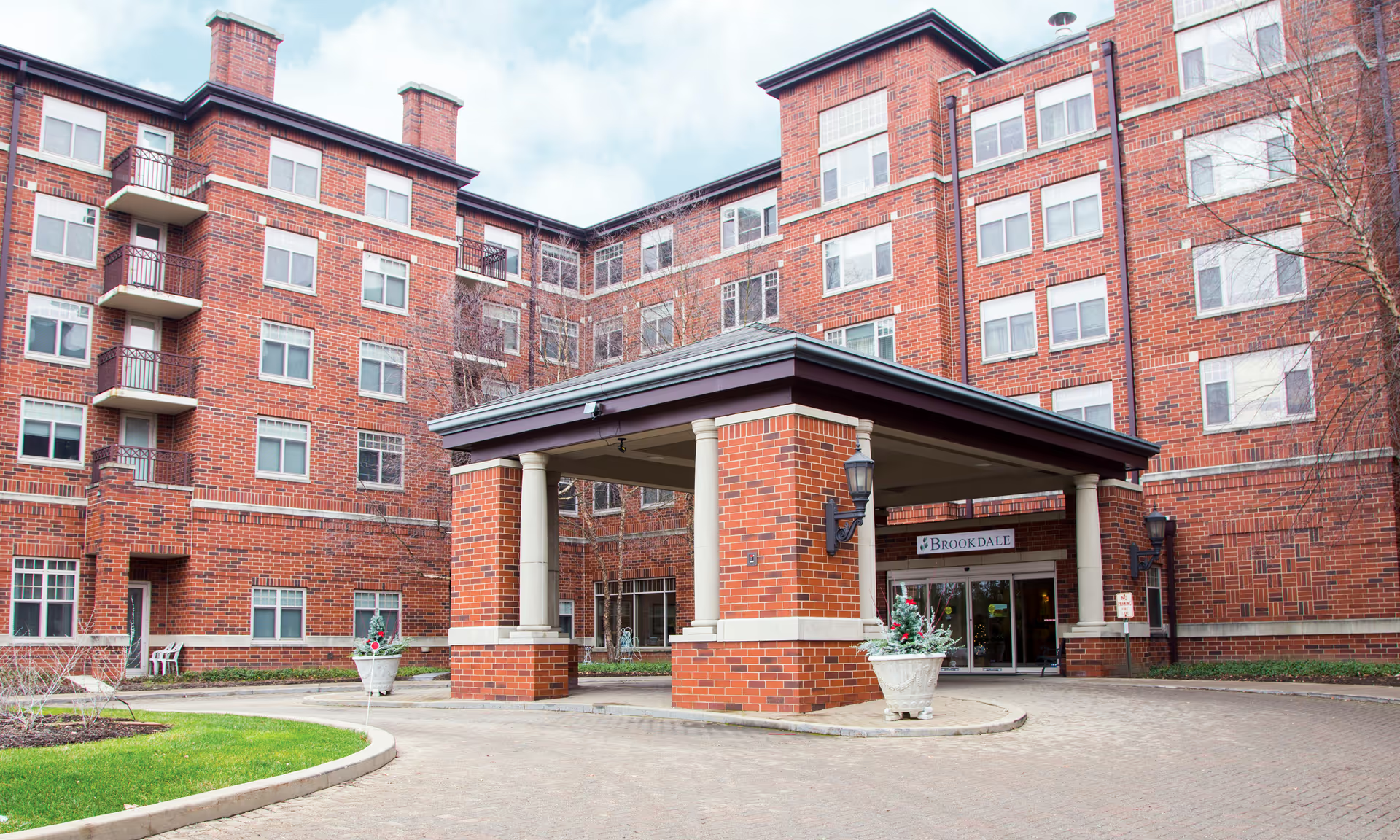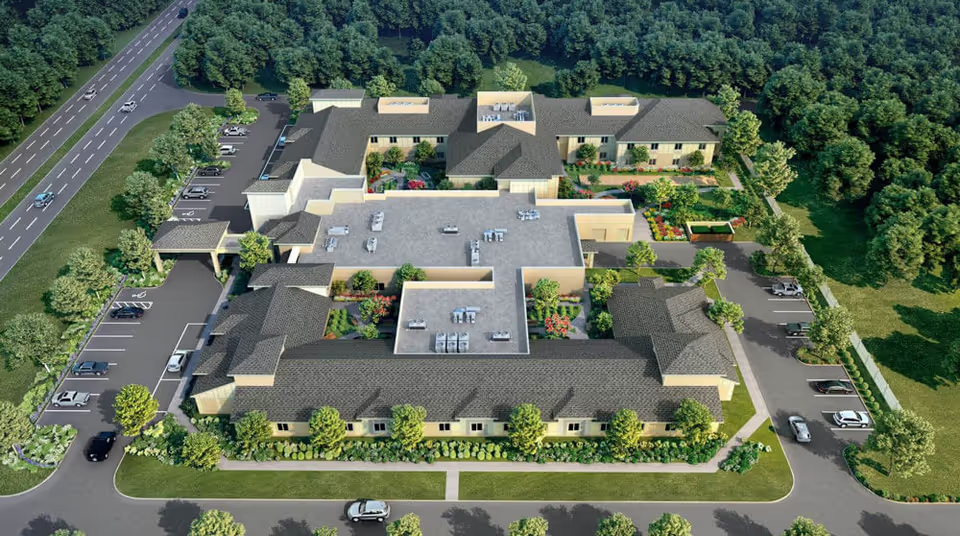Overall sentiment: The reviews for Accordius Health at Asheville are highly mixed and polarized, with a sizable body of praise for individual caregivers and therapy outcomes alongside serious, repeated allegations of neglect, poor clinical care, and facility cleanliness problems. Positive comments frequently highlight compassionate, friendly, and hardworking staff—particularly therapy (PT/OT) teams—who have achieved measurable rehabilitation successes and provided emotional support and guidance to families. Negative comments, however, describe systemic and potentially dangerous lapses in basic nursing care, infection control, medication administration, and managerial responsiveness.
Care quality and clinical outcomes: Several reviewers attest to excellent short-term rehabilitation care, noting successful outcomes such as patients walking again and clear examples of therapy staff (e.g., specific mentions of Michelle and other PT/OT) providing encouragement and effective treatment. Conversely, multiple severe complaints describe neglect of basic nursing duties: residents reportedly went without bathing for weeks, were not repositioned, and experienced poor wound care. There are explicit allegations of wound infection progressing to bone and bloodstream infections, delayed or absent medications over extended periods, and at least one case culminating in a partial foot amputation and life‑threatening events. These latter accounts suggest potential failures in clinical oversight, timely medication administration, and infection control that are serious and not isolated.
Staffing, responsiveness, and conduct: Understaffing is a recurring theme across reviews and is cited as a likely contributor to both missed basic care (bathing, repositioning) and poor responsiveness. Many reviewers praise individual staff members as compassionate and dedicated, offering peace of mind and family-centered care. At the same time, there are descriptions of staff who appear indifferent or uncaring, and several strong allegations of unprofessional conduct—ranging from inappropriate attire (cut-off shorts) to racist slurs—which reportedly prompted demands for termination. This dichotomy suggests variable staff behavior and inconsistent standards: while some staff are lauded for loving, respectful care, others are accused of behavior that undermines resident dignity and safety.
Facility cleanliness and environment: Reviews conflict on the physical environment. Positive comments note a good facility, beautiful mountain views, and a homelike atmosphere for some residents. Negative reports, however, repeatedly mention inadequate cleanliness: flies/insects in rooms, dirty bedside commodes that were not cleaned, and general statements that the place was "disgusting" or "not kept clean." These sanitation concerns align with the reported infection issues and are a major red flag in multiple reviews.
Management, leadership, and stability: Management receives sharply contrasting mentions. Some reviewers describe a turnaround under a proactive administrator and engaged leadership, crediting dedicated staff and positive changes. Others cite frequent administrator turnover, a lack of a stable administrator, and specific instances where management or the director of nursing allegedly refused to get involved, leaving families to escalate to insurers to secure a discharge. These conflicting narratives indicate inconsistency in leadership performance over time—periods of improvement appear to coexist with episodes of inaction and instability.
Care transitions, therapy continuity, and follow-up: Positive reviews emphasize seamless short-term rehab transitions and follow-up calls after discharge, suggesting good coordination in many cases. However, there are also reports of therapy being discontinued and not restarted for several days even after appeals—an example of care coordination failure that could impede recovery. This inconsistent continuity of therapy services further supports a pattern of variable quality depending on unit, shift, or management era.
Notable patterns and risk signals: The most serious recurring issues are missed basic nursing care (bathing, repositioning), medication delays, wound and systemic infections, and reports of insect infestation—all of which raise concerns about resident safety and regulatory compliance. Praise for therapy and individual staff members is strong and consistent enough to indicate that the facility has skilled personnel capable of high-quality care; however, systemic problems—particularly understaffing and leadership instability—appear to undermine consistent delivery of that care. Reports of humiliating treatment and racist slurs are significant as they reflect cultural and supervisory failures if accurate.
Overall assessment: Accordius Health at Asheville appears to have a split reputation—many families and patients experience compassionate, effective rehabilitation and caring staff that provide peace of mind, while other families report severe neglect, infection-related complications, sanitation issues, and managerial inaction. If considering this facility, stakeholders should seek up‑to‑date information on current leadership and staffing levels, request specific infection-control and medication administration protocols, ask about staff training and supervision, and tour the facility to assess cleanliness and observe staff-resident interactions. Given the gravity of the negative reports, potential residents and families should follow up on recent regulatory surveys, complaint history, and whether the reported turnaround and management changes have been sustained.







